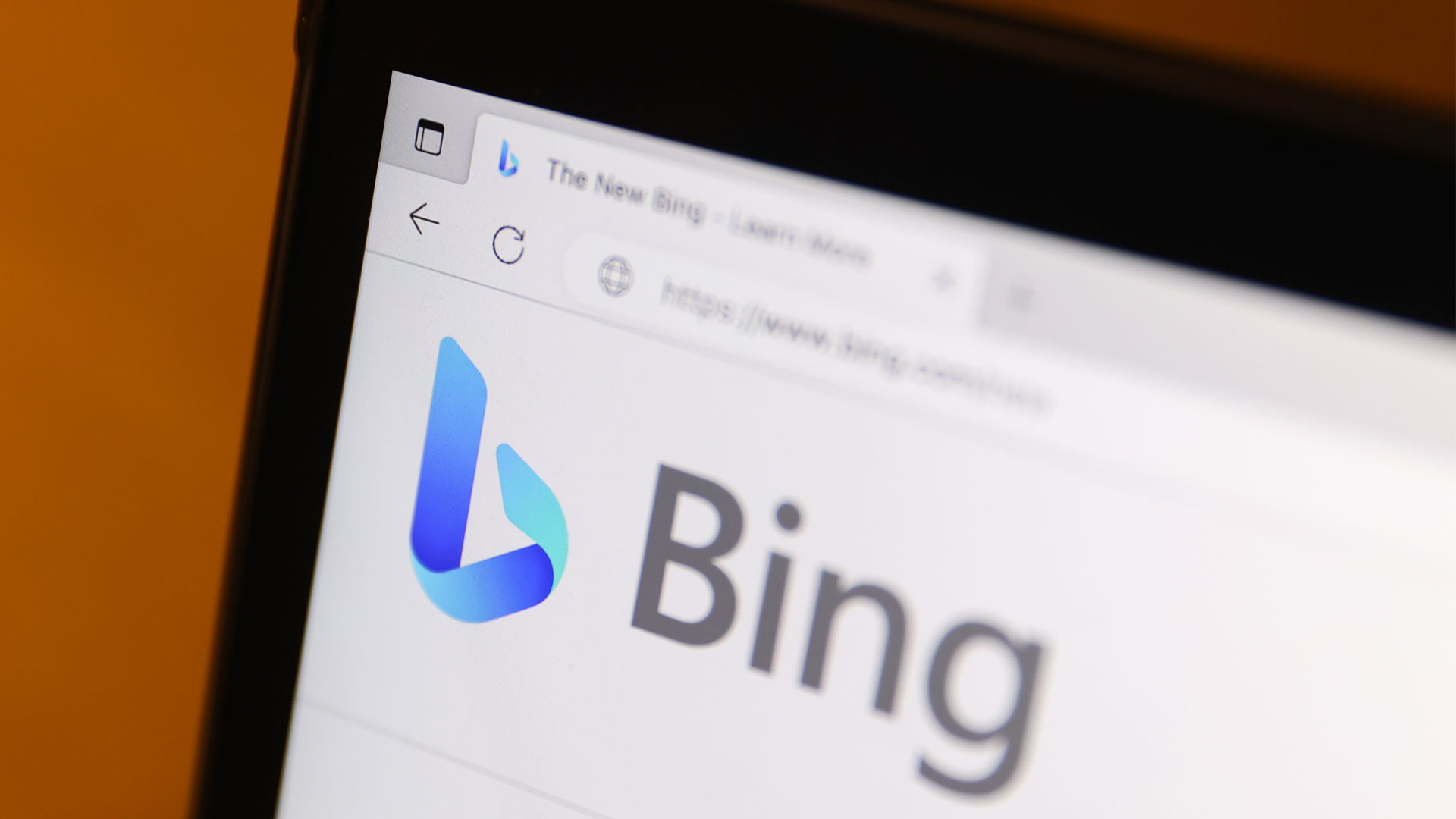Watch out, Google – Bing search now uses AI to hone its results
Microsoft leaps head-first into generative AI, which Google has already been testing for some time

Bing, Microsoft's search engine, has been powered up using AI.
Windows Central noticed that Microsoft penned a blog post about the generative AI captions which have been introduced to Bing search.
Normally, when you search for something on Bing, Microsoft’s engine returns results accompanied by a small snippet of text pulled from the page based on relevant key words.
Generative AI captions are different in that they offer a more context-based summary tailored to your search query.
Microsoft explains: “By analyzing a search query, [generative AI] extracts the most pertinent insights from web pages, and skillfully transforms them into highly relevant and easily digestible snippets.”
Every search query will prompt Bing to return a different snippet with the result, so even searching on the same topic, but with changed wording for the query, will mean generative AI (if it’s involved, of course) returning a different summary.
Analysis: A revolution in web search?
For those wary of having their website dealt with in this way, Microsoft further notes that while the generative AI-powered captions “may not mirror the exact wording on the webpage,” Bing employs a whole load of signals to ensure a precise and high-quality summary.
Sign up for breaking news, reviews, opinion, top tech deals, and more.
Those who remain unconvinced can opt their website out of generative AI captions if they wish.
Microsoft believes this initiative will “revolutionize the way people explore the web,” so the company is talking a pretty big game on this one.
It’s still early stages for the feature, of course, and a lot will depend on whether that promise of high-quality summaries is consistently realized.
Google isn’t standing still in this area, mind you, and already instigated its own program bringing generative AI to search, highlighting the key points of a web page in a similar vein (and more besides). This has been in testing throughout this year (since May), with it being rolled out much more broadly earlier this month.
AI is pretty much creeping into every area of computing, of course, and web searches will doubtless prove to be a rich avenue to explore.
Thus far, the addition of the Bing chatbot hasn’t helped drive traffic to Bing search, as Microsoft hoped – but perhaps generative AI will have more success in this respect. It’s a hugely uphill struggle against the might of Google, though, which has effectively become a verb meaning to search the web.
You might also like ...
Darren is a freelancer writing news and features for TechRadar (and occasionally T3) across a broad range of computing topics including CPUs, GPUs, various other hardware, VPNs, antivirus and more. He has written about tech for the best part of three decades, and writes books in his spare time (his debut novel - 'I Know What You Did Last Supper' - was published by Hachette UK in 2013).